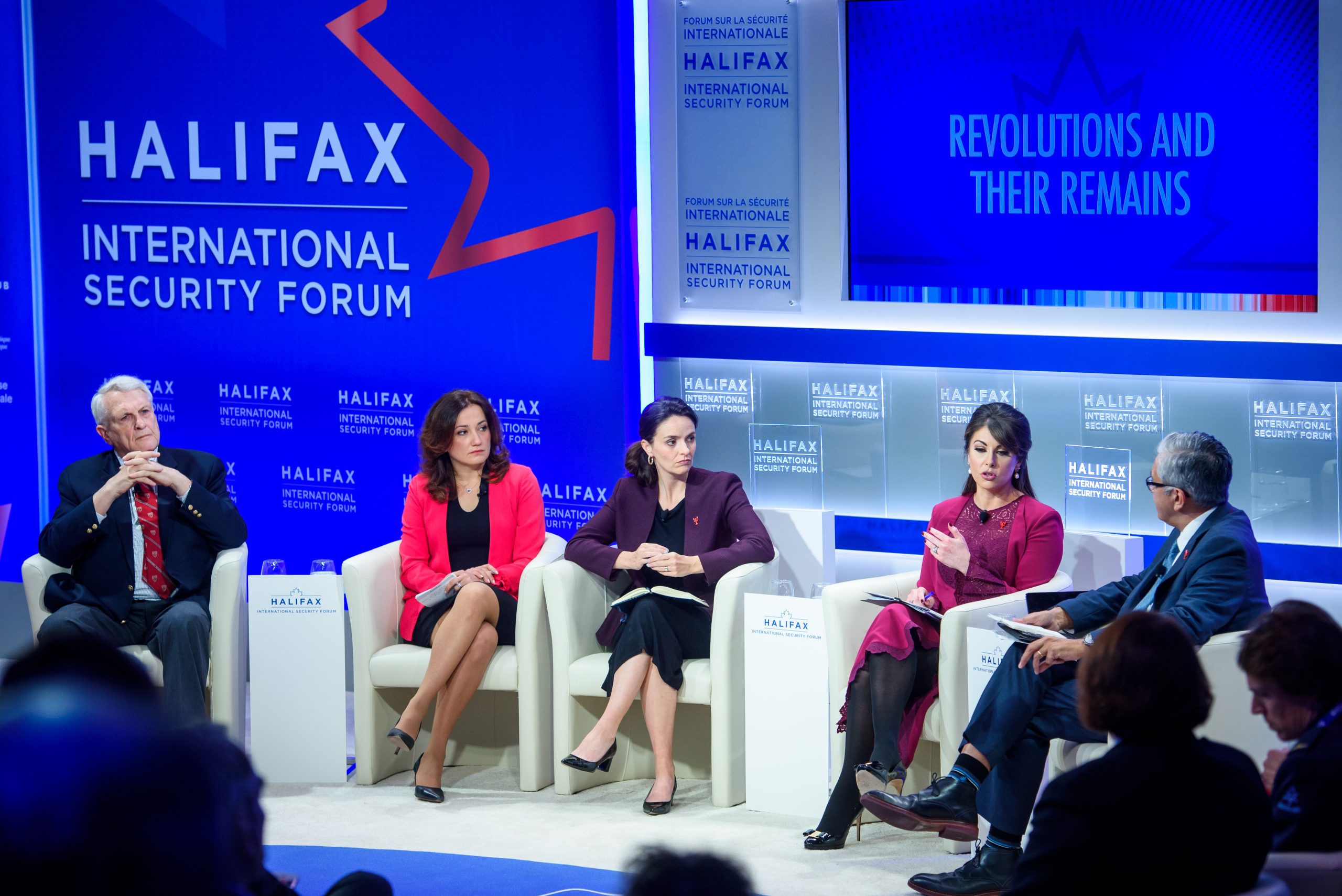
2021 Halifax International Security Forum
DATE
November 19-21, 2021
LOCATION
Halifax, Nova Scotia
PARTICIPANTS
300
AGENDA & SPEAKERS
6:00-8:30
Breakfast
7:00
5K RUN
with Andy Fillmore, Member of Parliament for Halifax, House of Commons, Canada
8:30-9:45
Breakfast Sessions Off the record
At the Summit of Democracy
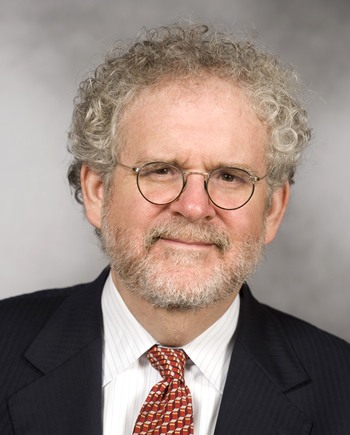
Professor Walter Russell Mead
Ravenel B. Curry III Distinguished Fellow in Strategy and Statesmanship, Hudson Institute
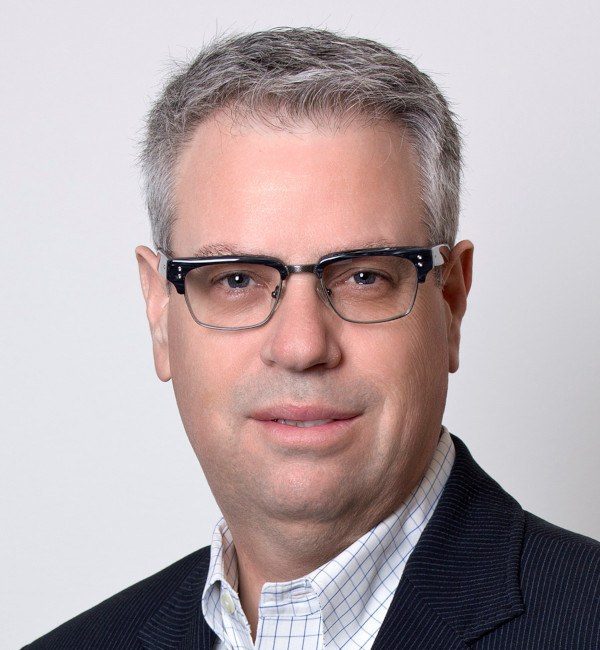
Dr. Darrell Bricker
Global CEO, Ipsos Public Affairs

Louis Rubio
Chairman Emeritus of the Mexican Council on Foreign Relations and Chairman of Mexico-Evalua
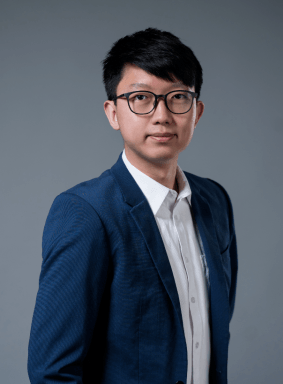
Sunny Cheung
Advisory Board, Hong Kong Democracy Council
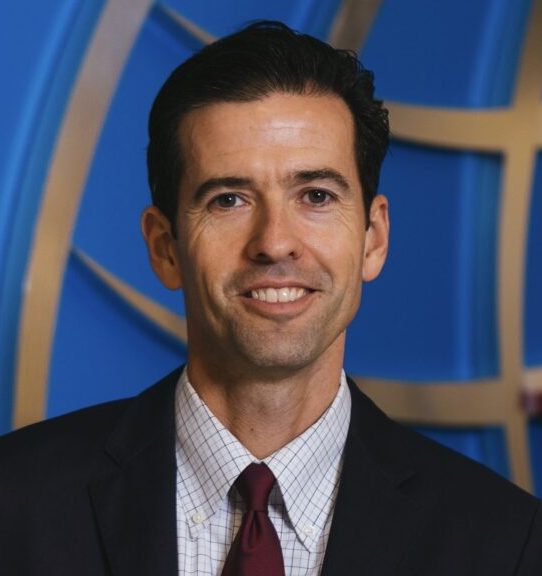
Moderator Dr. Daniel Twining
President, International Republican Institute
Geopolitics Today: Toward Tech Mate
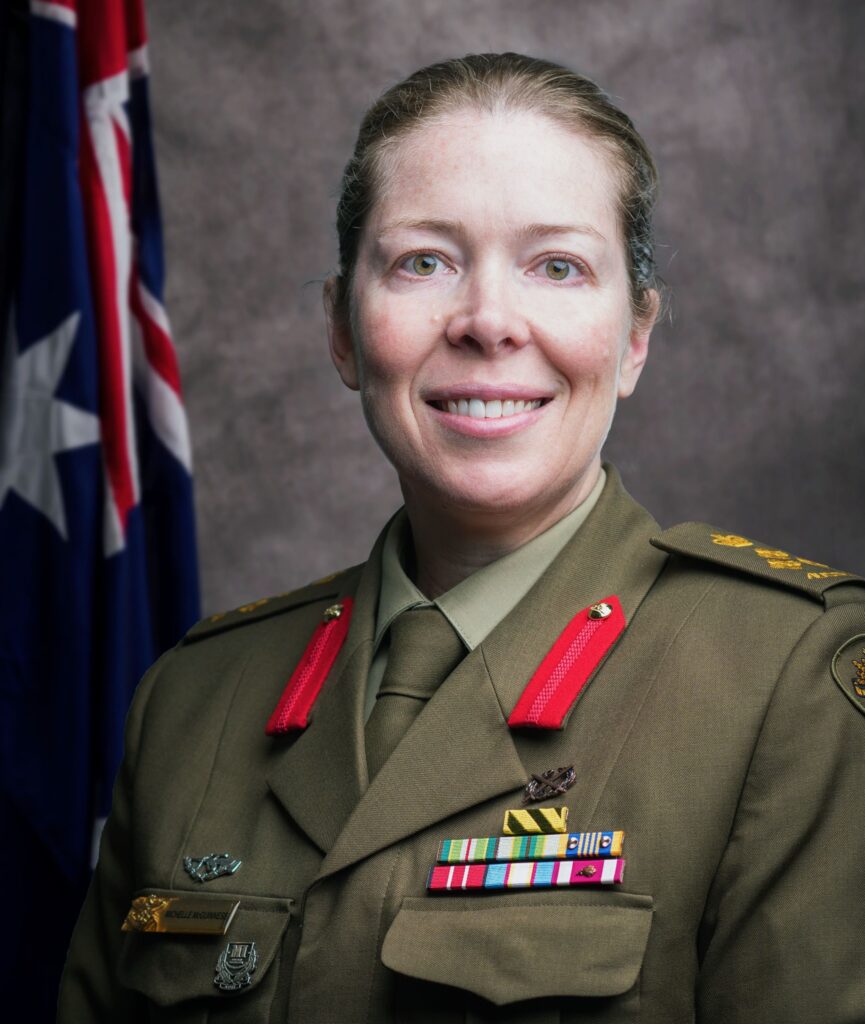
Major General Michelle McGuinness
Deputy Director for Commonwealth Integration, Defence Intelligence Agency, Australia
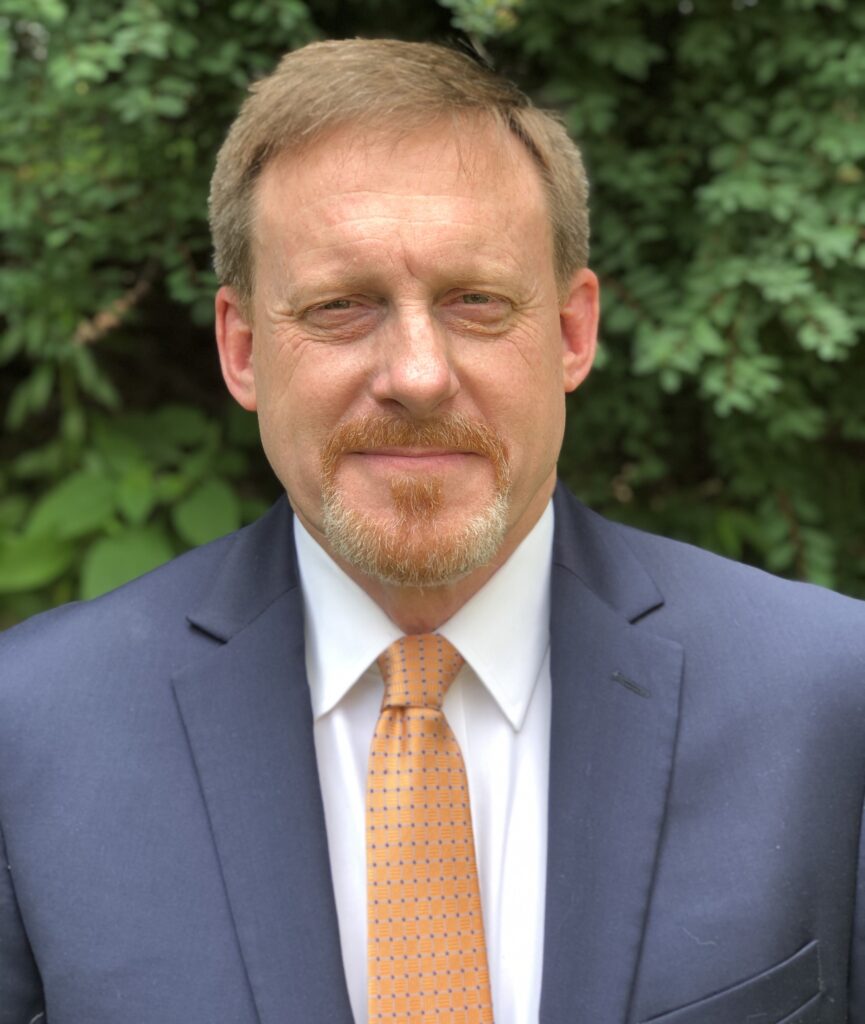
Michael Rogers
CEO, The MSRogers Group LLC
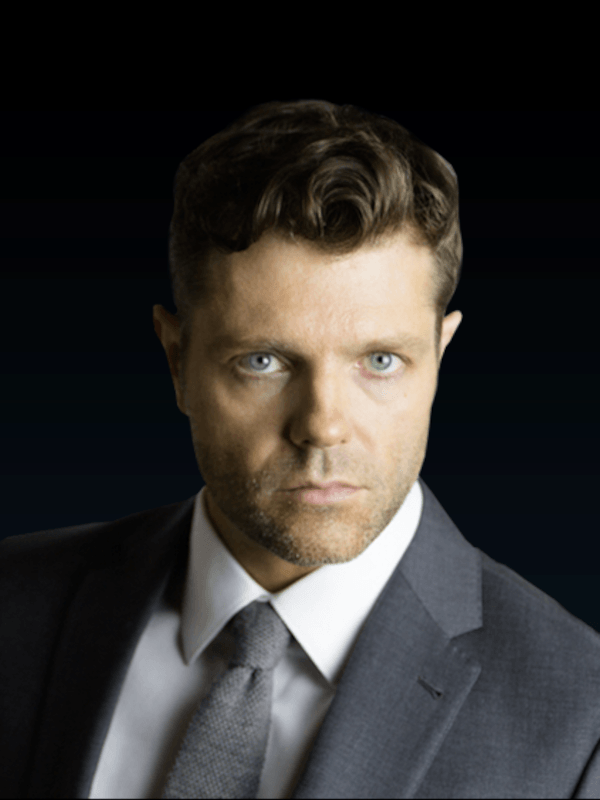
Moderator Mr. Patrick Tucker
Technology Editor, Defense One
Refugees: Lessons from “None is Too Many”
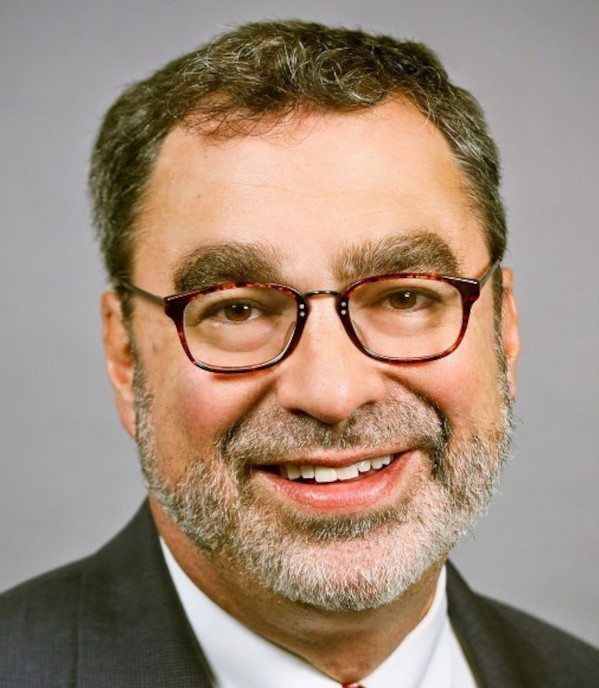
Mr. Mark Hetfield
President and CEO, HIAS
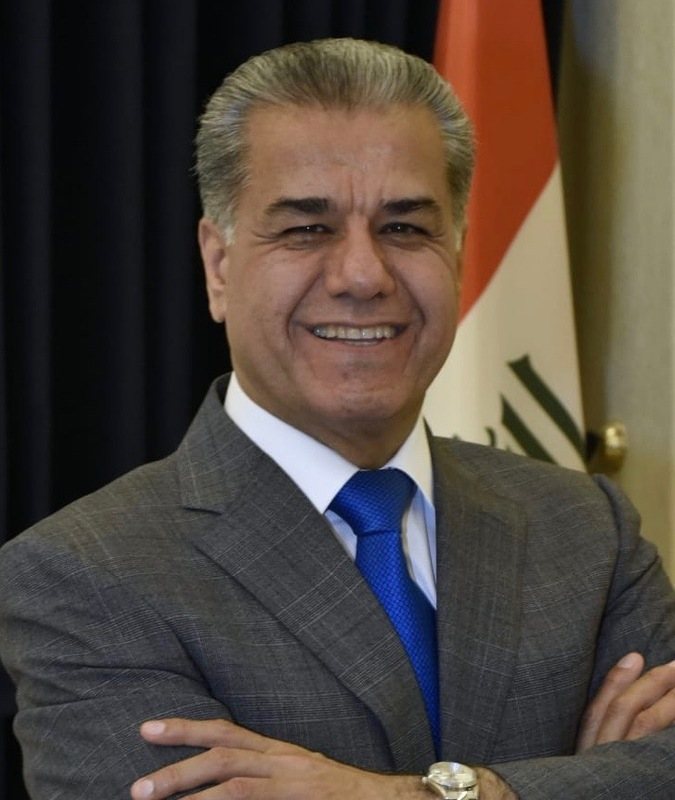
Minister Falah Bakir
Senior Foreign Policy Adviser to the President of the Kurdistan Regional Government

Professor Solange Marquez
Vice-President of the Mexican Council on Foreign Relations
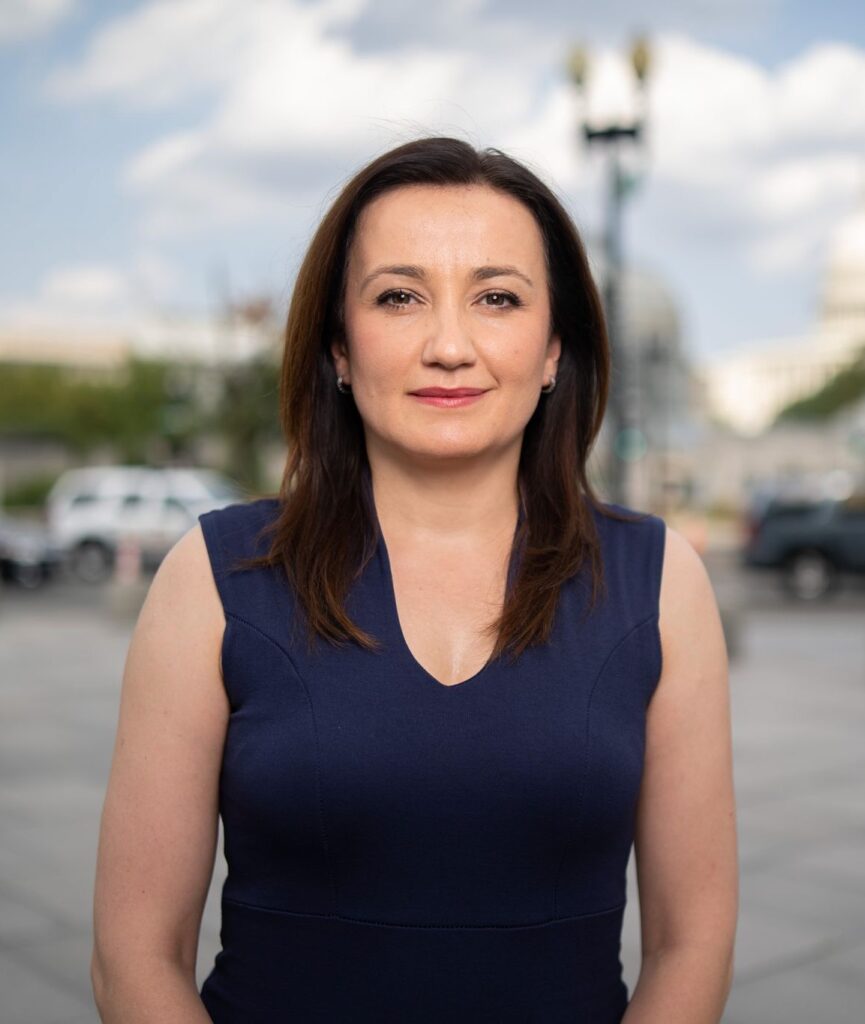
Moderator Ms. Ia Meurmishvili
Voice of America, Georgia
10:00-11:00
Plenary 7- China’s Quantum Leap Backward ON THE RECORD
Speakers
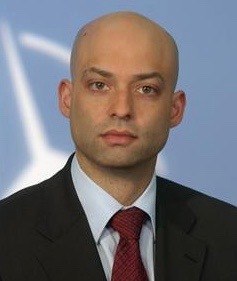
Mr. James Appathurai
Deputy Assistant Secretary General for Emerging Security Challenges, NATO
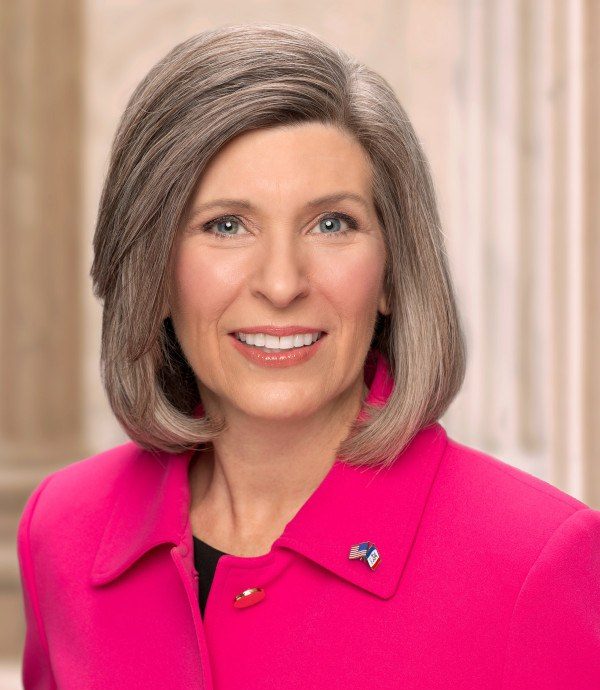
Senator Joni Ernst
United States Senator for Iowa
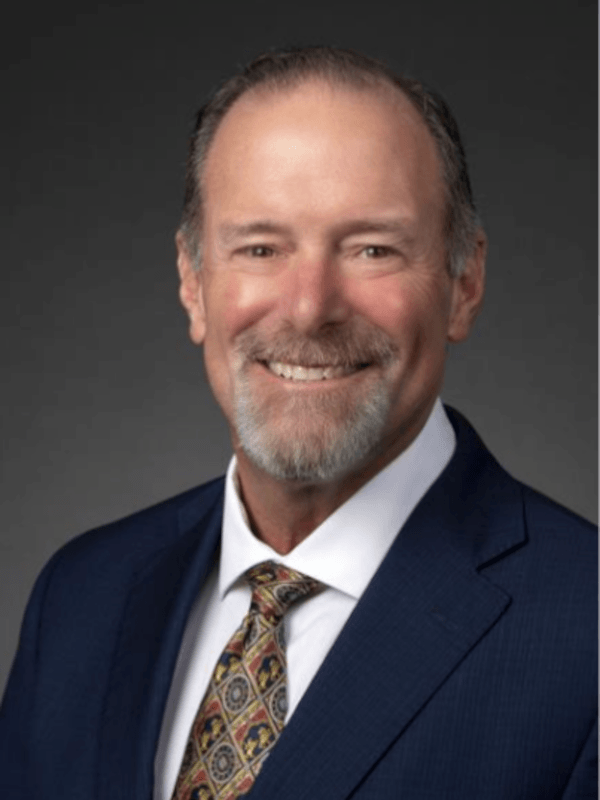
Rear Admiral Michael Manazir
Vice President, Boeing Global Services Business Development
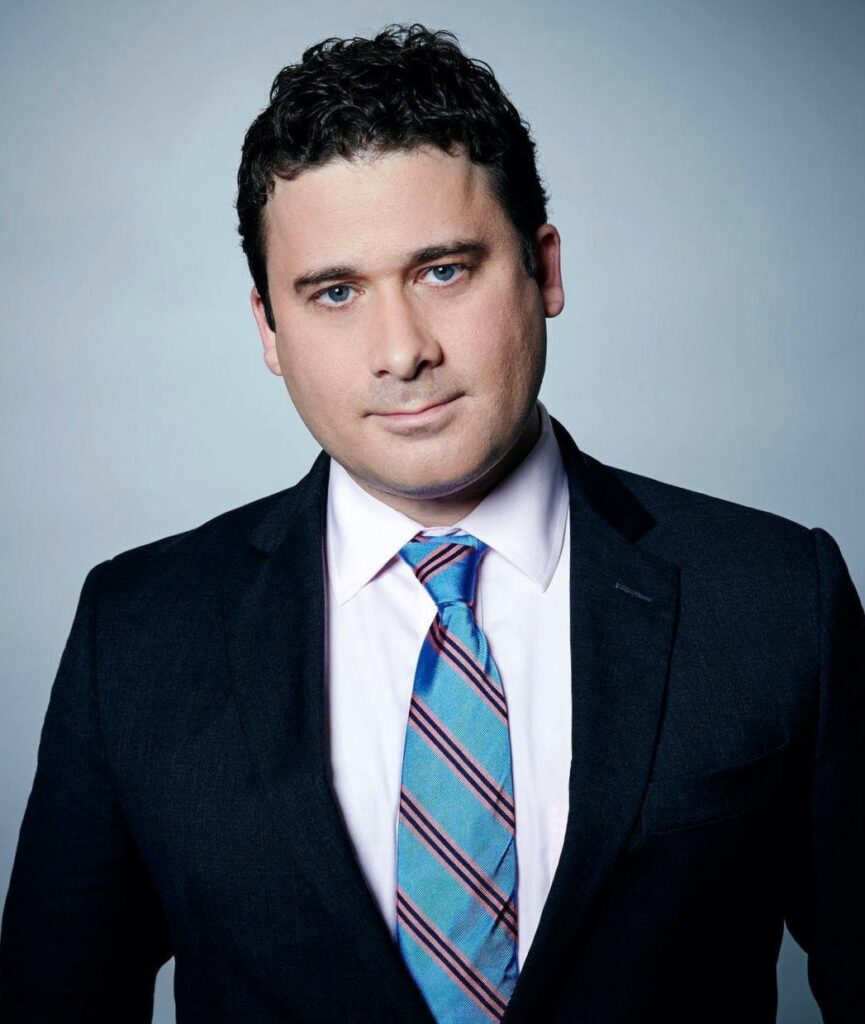
Moderator Mr. Josh Rogin
Columnist, The Washington Post
It has been 50 years since President Nixon announced to the world he would ‘seek normalization’ between the United States and China. Democratic nations looked on as China opened its economy, and its society to the world in the pursuit of a ‘Great Leap Forward’. Today, the world’s two largest economies, the U.S. and China, are locked in an ideological and technological competition. Were we naive to imagine China’s prodigious rise would result in a more open, accountable and democratic society? What do we do with a global actor determined on patrol by algorithm? Given the export of AI surveillance technology to autocracies across the world, how do democracies stop the spread of this technological virus?
Josh Rogin of The Washington Post challenged U.S. Senator Joni Ernst to answer for the preparedness of the United States to regain the competitive edge in the fight against autocracy. Boeing VP, Rear Admiral Michael Manazir and James Appathurai, NATO’s Deputy Assistant Secretary General for Emerging Security Challenges, debated the rapid acceleration of China’s cyber, nuclear and military capabilities. Can businesses continue to partner with the CCP on technological and security matters without considering the construction of concentration camps and the pervasive reach of the military in commercial matters in China?
Get in the game because there is a game on, and we’re not playing. Democracies must step-up and show-up to #StandTogetherOnChina.
We cannot be passive about the freedoms and liberties that we have been given.
— Sen. Joni Ernst, Senator from Iowa, United States Senate
In essence, China is rolling out an all-seeing system of societal control, patrolled by algorithms that identify even potential dissent before it happens – in real time.
— James Appathurai, Deputy Assistant Secretary General for Emerging Security Challenges, NATO, Canada
Technology is an interesting thing – it all depends what you do with it.
— Rear Admiral Michael Manazir, Interim Vice President, Boeing Global Sales and Marketing, United States
American taxpayer dollars were actually being funneled to the Wuhan Institute of Virology to do research on coronaviruses through our National Institutes of Health.
— Sen. Joni Ernst, Senator from Iowa, United States Senate
We all need to put pressure on China to participate as a responsible international actor. If it wants to be a peer competitor, it also has to play by the rules. This would benefit China as much as they benefit us. They would have stability and predictability.
— James Appathurai, Deputy Assistant Secretary General for Emerging Security Challenges, NATO, Canada
11:00-11:30
Coffee Break
11:30-12:30
Plenary 8- ––Keep the Faith ON THE RECORD
Speakers
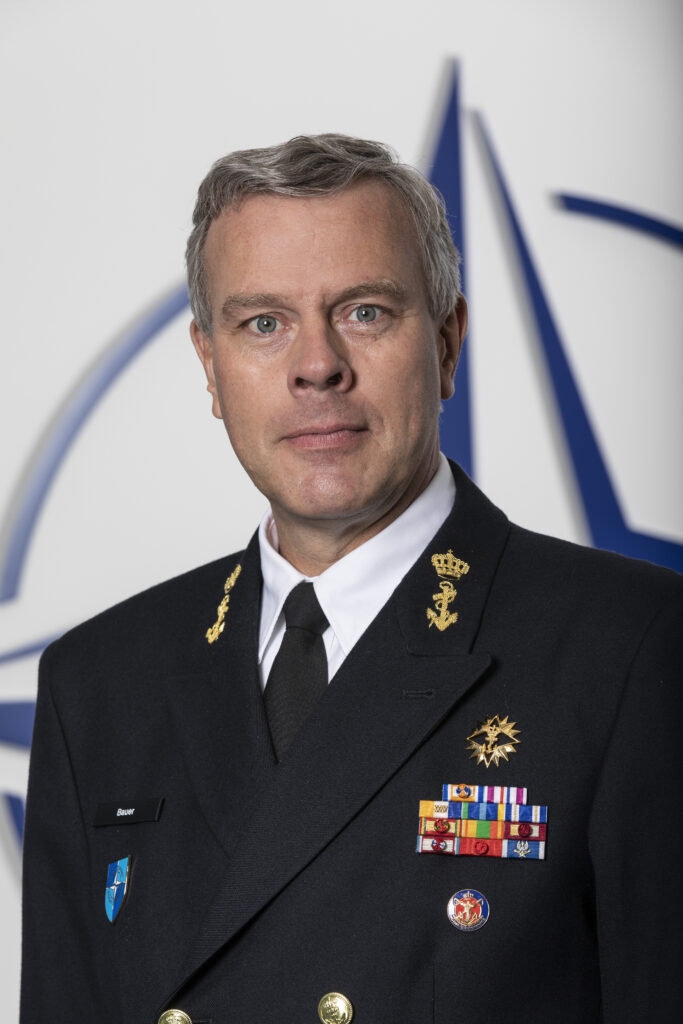
Admiral Rob Bauer
Chair of the Military Committee, NATO
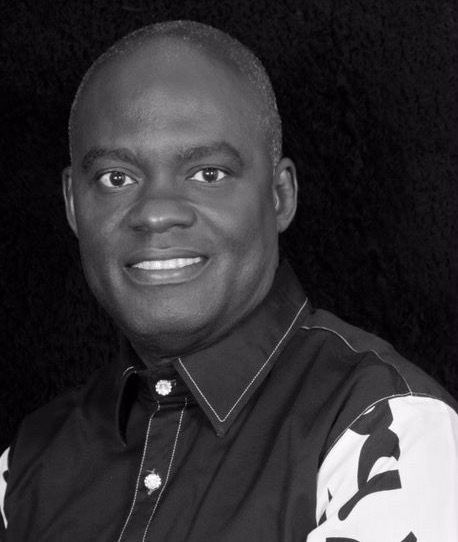
Dr. Iko Ibanga
Founder and CEO of Pro-Health International
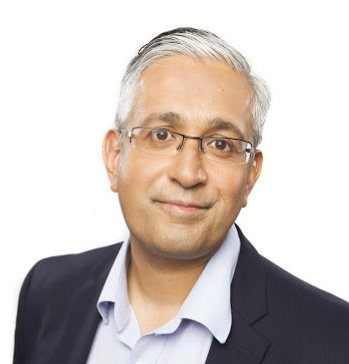
Moderator Mr. James Coomarasamy
Senior Presenter, BBC Radio and World Service
President Biden has called for a move from ‘relentless war to relentless diplomacy’ less than three months after the U.S. withdrew forces from Afghanistan, following a 20-year engagement.
Democracies are rethinking how they engage with the rest of the world in pursuit of prosperity and freedom–concepts that are more interconnected than ever before. Dealing with the global challenge of autocratic governments on the ascent, climate change and a global pandemic, requires government by the people, for the people.
Who holds the key to unlocking the door to the future; military personnel, health educators, civil activists, or members of parliament? Admiral Rob Bauer, Chair of the NATO Military Committee, Dr. Iko Ibanga Founder and CEO of Pro-Health International, Mai El-Sadany from The Tahrir Institute for Middle East Policy and German MP Stephan Mayer grappled with these questions. The panel discussed military coups in Africa, multi-layered democratic collapse in the Middle East, and democratic fatigue in the world’s most established democracies.
The flashpoint of the January 6th attack on the Capitol Building called the resilience of democracy in the West into question and showed that the path ahead will not always be well-travelled. Who will carry the torch forward and keep the faith in democratic institutions and governments alive on this journey?
We shouldn’t be too critical of democracy. Certainly, we have tremendous challenges to cope with—Afghanistan, Iran, Sudan, Mali, still Syria—but I think we still have a lot of strength. Not only in economic terms, but especially in political terms.
— Stephan Mayer, Parliamentary State Secretary for the Interior, Building, and Community, Bundestag, Germany
Russia is an adversary and China is a challenge.
— Admiral Rob Bauer, Chair of the Military Committee, NATO, Netherlands
Recently, China has made a big push into Africa in terms of giving loans, building airports, and building railways. It comes with a price. I don’t think they do it because they love us.
— Iko Ibanga, Founder and CEO, Pro-Health International, Nigeria
Technology played an important role in the Arab Spring. It played an important role in the years since, and it continues to play an important mobilizing role. At the same time, however, governments are now catching up and weaponizing it.
— Mai El-Sadany - Managing Director; Legal and Judicial Director, The Tahrir Institute for Middle East Policy, United States
12:30-14:00
Closing Lunch
